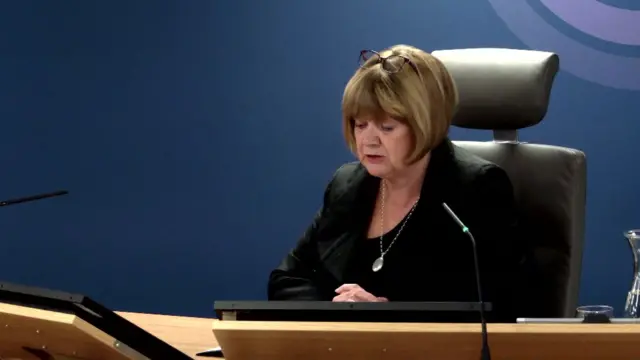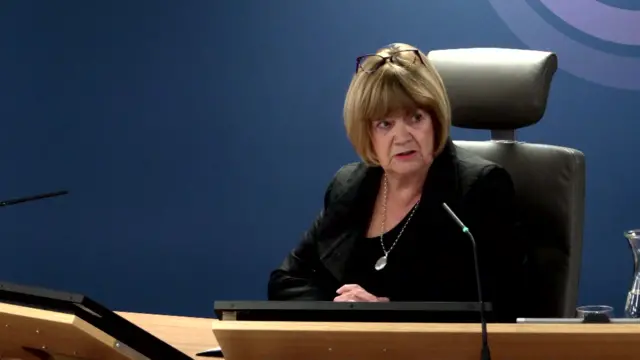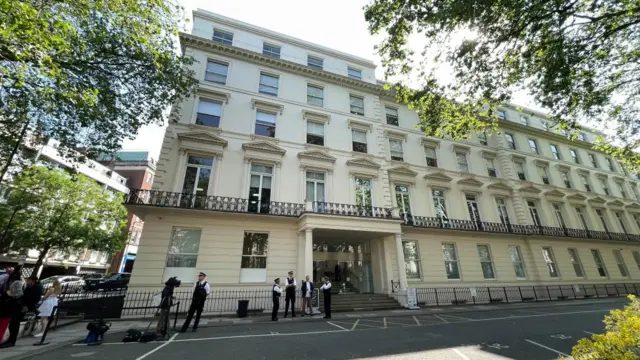What else did Baroness Hallett say?published at 12:54 BST 18 July 2024

If you missed Baroness Hallett's statement earlier, don't worry. We've been across it all, and these are some of her key remarks following the publication of the Covid Inquiry's first report:
- The UK needs to be better prepared as it's "not a question of if, but when" the next pandemic will strike
- The country already had high levels of illness going into the pandemic, was "ill-prepared" and "lacked resilience" in 2020
- The UK was "prepared for the wrong pandemic" and existing systems were "labyrinthine" in their complexity
- Citizens of all four nations were "failed" and the UK's pandemic strategy from 2011 was "outdated" and "untested"
- The "harrowing accounts of loss" are a reminder that "radical reform" is needed
- Each organisation responsible for applying her recommendations is expected to set out how it plans to respond within six months





